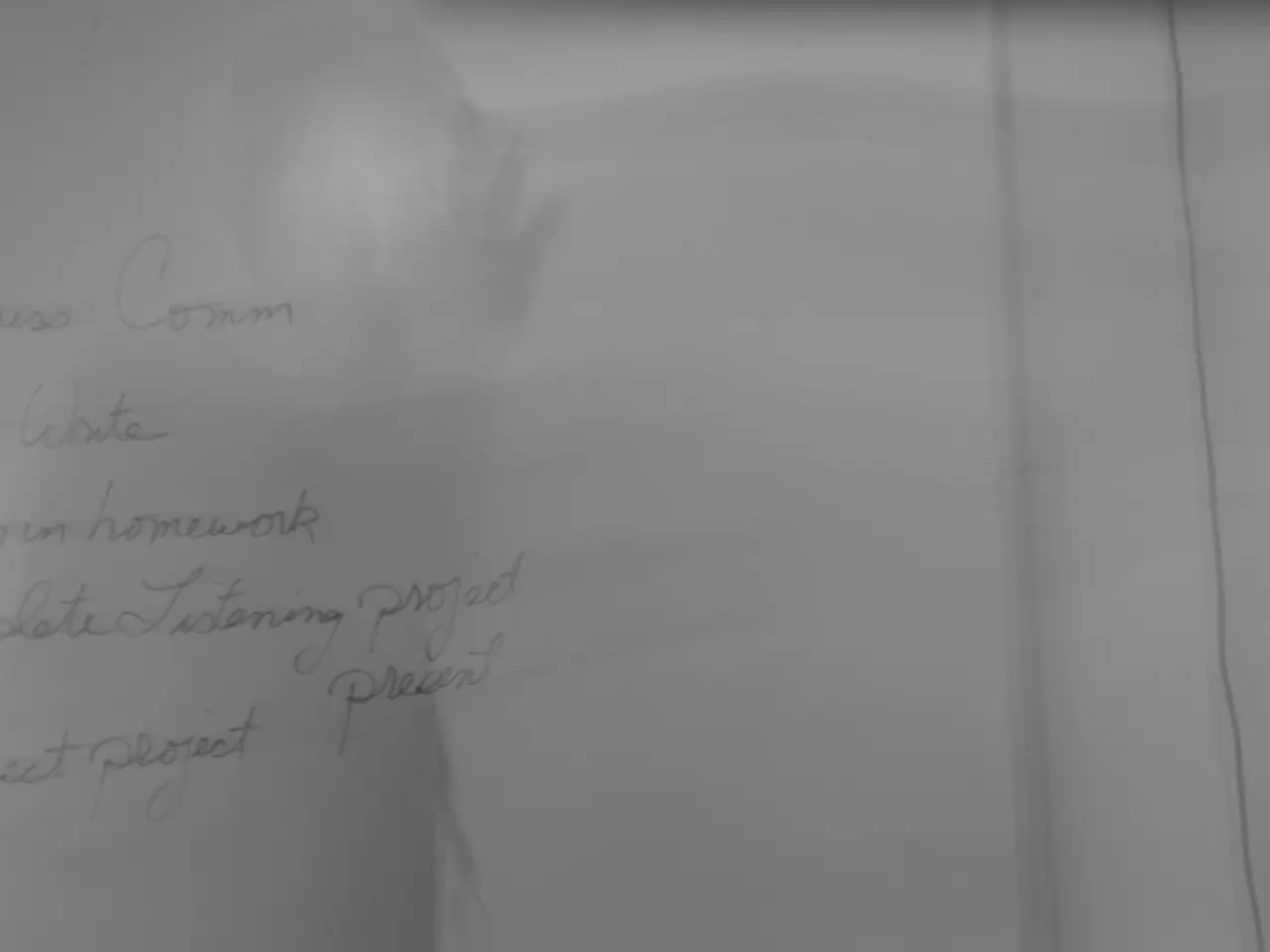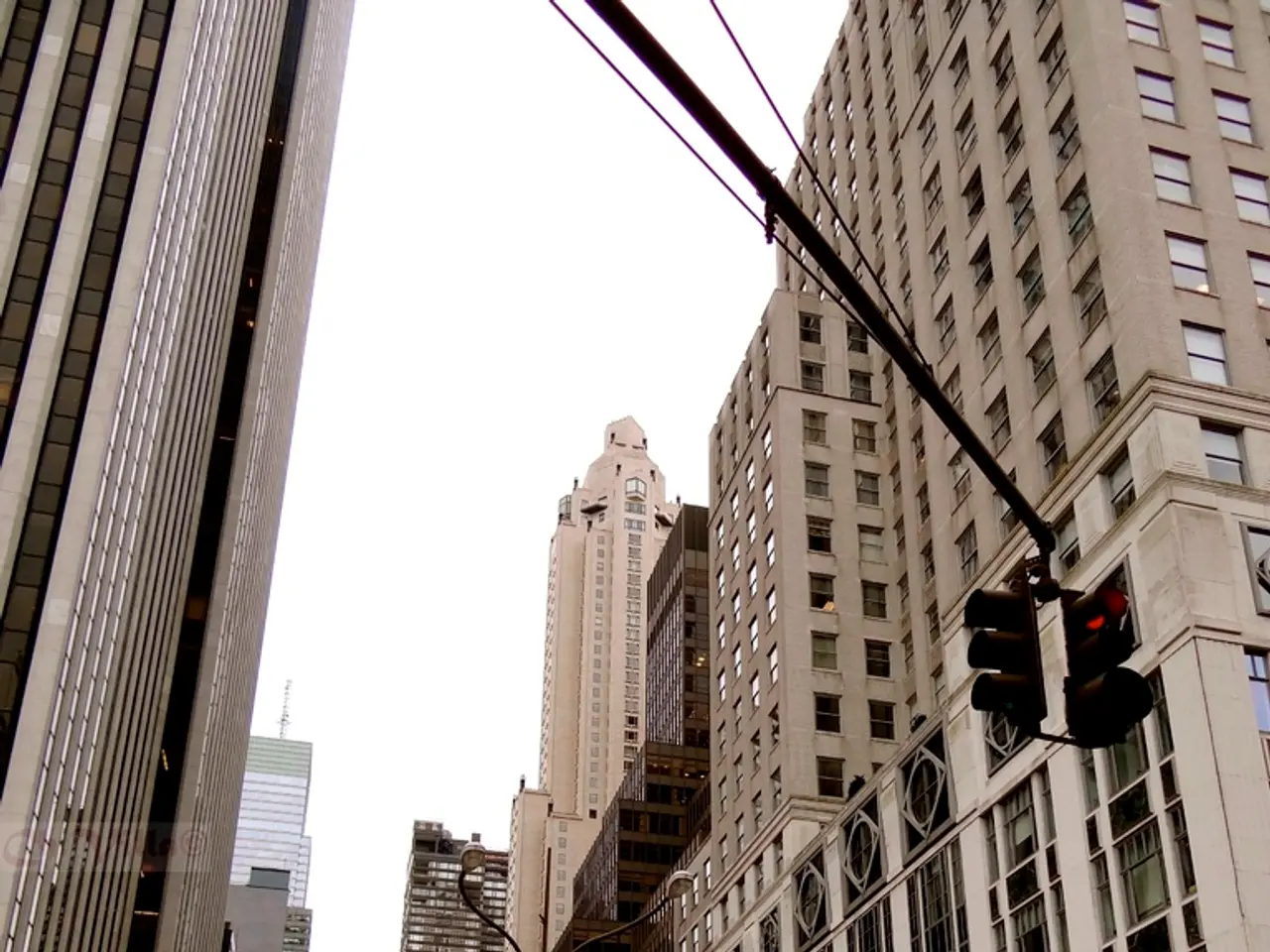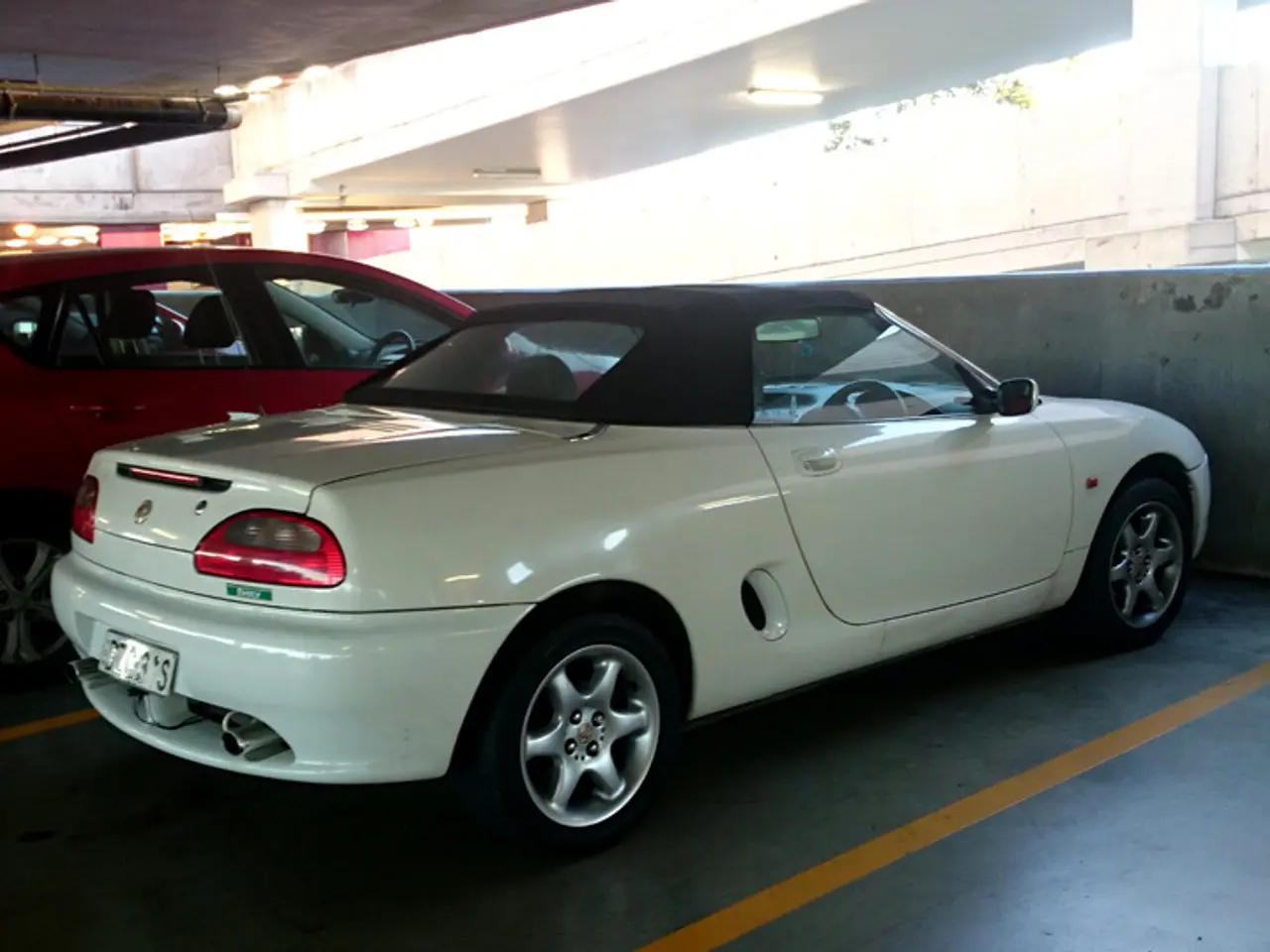Sticky Situation: Minimum Wage Hike Criticized by MV Employer-Associations
Employers voice concerns over proposed minimum wage hike - Employers in the MV region voicing concerns over the proposed minimum wage hike
Hey there! Today we're talking about the heated debate around the proposed increase in minimum wage in Germany, particularly in the Mecklenburg-Vorpommern (MV) region.
The head honcho of local employer associations, Lars Schwarz, seems less than thrilled about this proposed wage boost. According to him, this move overlooks the hurdles that businesses face. He warns that sectors heavily reliant on wages could face immense pressure, leaving them gasping for breath like a drowning fish.
It's not just any ol' sectors either; we're talking about tourism, agriculture, and hospitality—industries that thrive off the sun, sea, and sleeves of cheap labor. In seasonally driven areas like MV, there's still a ticking time bomb of potential relocation or migration to Europe's cheaper labor playgrounds.
Schwarz, who's also the bossman of the German Hotel and Restaurant Association in MV, raises a valid point. If the government wants to keep enjoying those succulent strawberries, vacationing in German spots, or utilizing craft services in the region, they'll need to take this into consideration. The minimum wage in Germany is set to inch its way up, with a target of 14.60 euros by January 1, 2027. It's planned to touch 13.90 euros by next year, courtesy of the clever folks at the Minimum Wage Commission.
But what about the Minimum Wage Commission, you ask? It's akin to a wage wizard, determining Germany's minimum wage. Based in Rostock, this panel of experts is, well, we'll just say they're breaking a sweat over this issue.
Au contraire to the grim outlook painted by Schwarz, an increase in minimum wage could have both positive and negative impacts. For instance, higher wages mean more moolah in the pockets of seasonal workers, which could lead to a surge in local spending and economic activity. If the government smartly tackles this wage hike alongside uplifting fiscal and economic policies, we might be looking at a win-win situation.
However, lowest-skilled laborers living in slow-growth, fragile economic regions like MV could find themselves standing on thin ice, as tighter profit margins or shrinking employment opportunities could loom if businesses struggle to offset higher labor costs.
It's a tricky balancing act between bolstering workers' income and ensuring the survival of seasonally dependent sectors. This increase could be a double-edged sword that cuts both ways. But hey, that's life, ain't it?
Stay tuned as we continue to navigate this rollercoaster ride of negotiation and numbers!
Minimum Wage
- Employers' Challenges
- Seasonally Driven Areas
- Economic Impact Analysis
- Potential Positive Effects
- Interaction with Broader Economic Conditions
[1] Cheap Labor: https://www.google.com/search?q=seasonal+labor+markets[2] Economic Recovery in MV: https://www.google.com/search?q=economic+recovery+mecklenburg-vorpommern[3] Economic Growth and Inflation: https://www.google.com/search?q=economic+growth+inflation+germany[4] The Role of Tax Cuts and Infrastructure Investments: https://www.google.com/search?q=tax+cuts+infrastructure+investments+germany
- The head honcho of local employer associations in MV, Lars Schwarz, suggests that the proposed minimum wage hike might strain businesses, particularly those in tourism, agriculture, and hospitality, due to financial constraints and potential labor migration.
- The Minimum Wage Commission, responsible for determining Germany's minimum wage, is faced with a challenging task – balancing the need to boost workers' income with the necessity to ensure the survival of seasonally dependent sectors while considering broader economic conditions like tax cuts and infrastructure investments.







